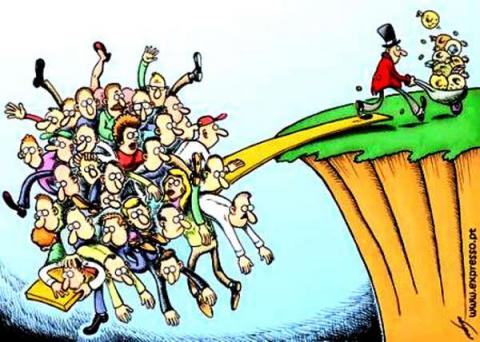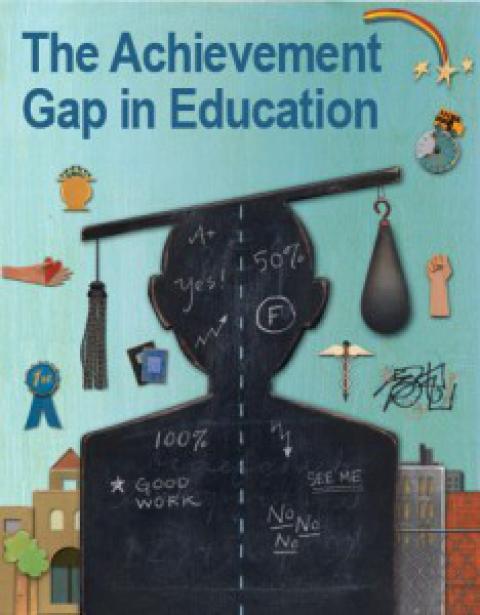The Revolt Against the Ruling Class
robertreich.org

Despite the growing revolt against the ruling class, it seems likely that the nominees in 2016 will be Jeb Bush and Hillary Clinton. After all, the ruling class still controls America. But the revolt against the ruling class won’t end with the 2016 election, regardless. Which means the ruling class will have to change the way it rules America. Or it won’t rule too much longer.








Spread the word